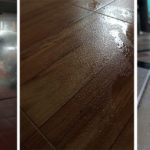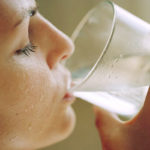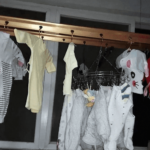1. Be cautious of consuming these foods during the rainy season
– Fish and seafood: During the rainy season, there is an increased risk of contamination due to runoff from land carrying waste into rivers and seas, affecting the water sources. It is advisable to purchase fish and seafood from trusted supermarkets and stores, ensuring clear origins and sourcing them from clean waters or aquaculture facilities.
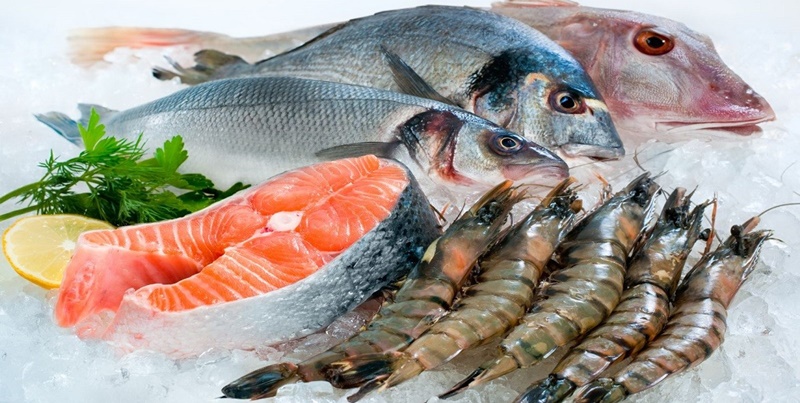
– Fried and oily foods: These can be a burden on digestion, slowing down an already sluggish metabolic rate during the rainy season. Consuming such foods may lead to digestive issues like abdominal pain, indigestion, nausea, and vomiting. It is best to limit the intake of fried foods during this time.
– Salt-laden foods: Consuming foods high in salt content can cause water retention and a bloated feeling in the abdomen. Reducing the intake of salty foods helps promote better digestion and a more efficient metabolic rate.
2. Thoroughly wash vegetables before cooking and consuming
– Certain green vegetables like cabbage, leafy greens, and spinach are more susceptible to bacterial and microbial invasion during the rainy season due to high humidity. It is recommended to thoroughly wash and preferably cook these vegetables before consumption to eliminate any potential bacteria.
– For other types of vegetables, fruits, and produce, it is advisable to rinse them under a strong stream of water to remove any dirt, bacteria, and potential contaminants, ensuring a healthier and safer consumption.
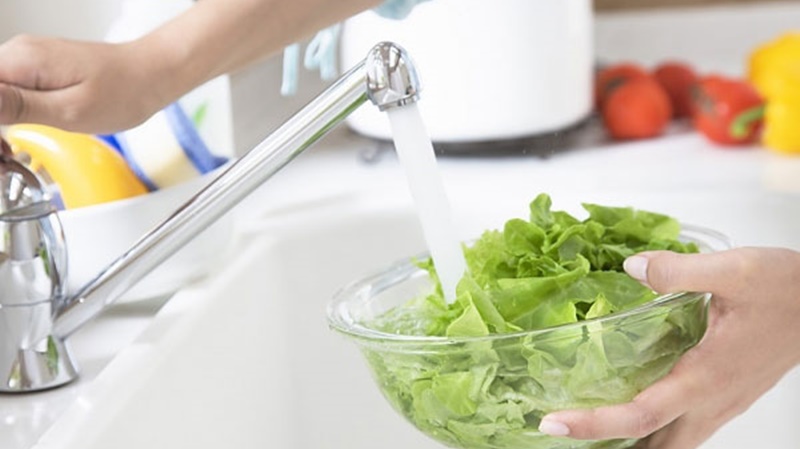
3. Separate raw and cooked foods
– It is essential to follow the principle of separating raw and cooked foods. Properly package or store them in separate containers and keep them in a food storage cabinet or refrigerator. This practice helps prevent bacterial contamination and minimizes the spread of bacteria, ensuring food safety and reducing the risk of digestive issues like diarrhea, dysentery, and cholera.
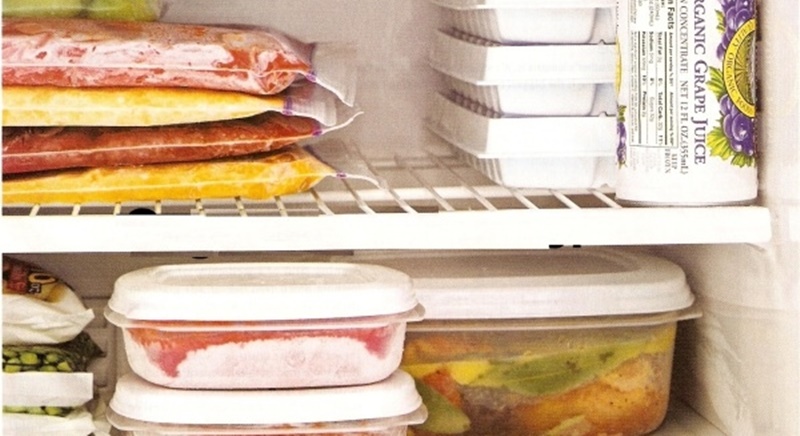
4. Ensure thorough cooking
– Foods like meat, eggs, and seafood should be thoroughly cooked and not consumed raw or undercooked. It is advisable to avoid eating these foods rare or undercooked during the rainy season.
– For cooked foods, it is safe to consume them after reheating, but it is recommended to only reheat them once to maintain food safety and quality.
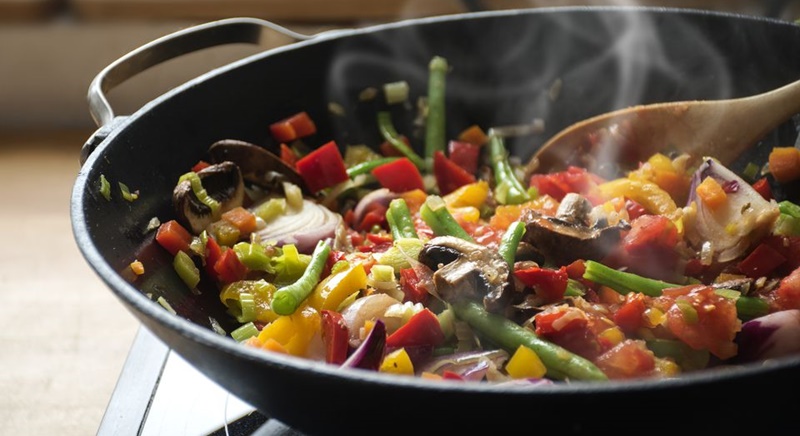
We hope that these tips will help you make healthier food choices during the rainy season for yourself and your family. Feel free to share your own tips and tricks in the comments below!
For further reading:
References: vov.vn, khampha.vn
8 Common Mistakes People Make with Cutting Boards
Are you using your cutting board correctly? Many Vietnamese households rely on cutting boards in their kitchen, but not everyone knows how to use them properly, especially when it comes to wooden cutting boards. Check out these 8 mistakes to avoid when using a cutting board to ensure both hygiene and safety for everyone in your family.
Is Refrigerated Leftovers Linked to an Increased Risk of Cancer?
Dr. Lam Van Man, Head of Research, Development and Technology Transfer Department of the Institute of Safety Food, has warned of the risk of food poisoning when reheating leftovers from the refrigerator. But what should we be aware of when it comes to the possibility of these leftovers causing cancer? Here, we explore what the experts have to say on the matter and offer some tips for safe eating.
























